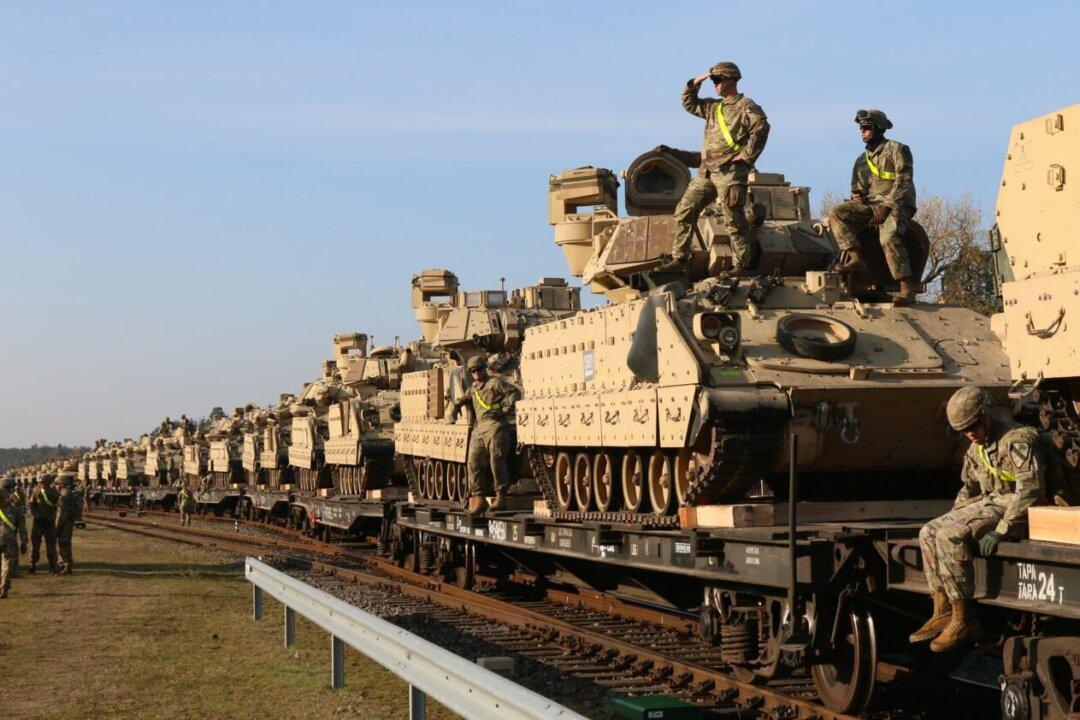The U.S. Defense Department said on Nov. 9 that it approved a potential $2.53 billion sale of Abrams main battle tanks to Romania to bolster the NATO ally’s capability amid the ongoing Russia-Ukraine war.
The Defense Security Cooperation Agency (DCSA) said it had notified Congress of the possible arms sale on Thursday, which includes 54 M1A2 battle tanks, combat recovery vehicles, and assault breacher vehicles.





